7 Tips To Help Prevent Falls
Falls are a major cause of injury among seniors and can easily be prevented with the right precautions. One way to help protect loved ones from falls is by making sure they have access to assistive devices such as grab bars, raised toilet seats, walkers and wheelchairs or through the use of assistant technology. Here are 6 tips to help protect your loved ones from fall risks:
1. Assistive Technology
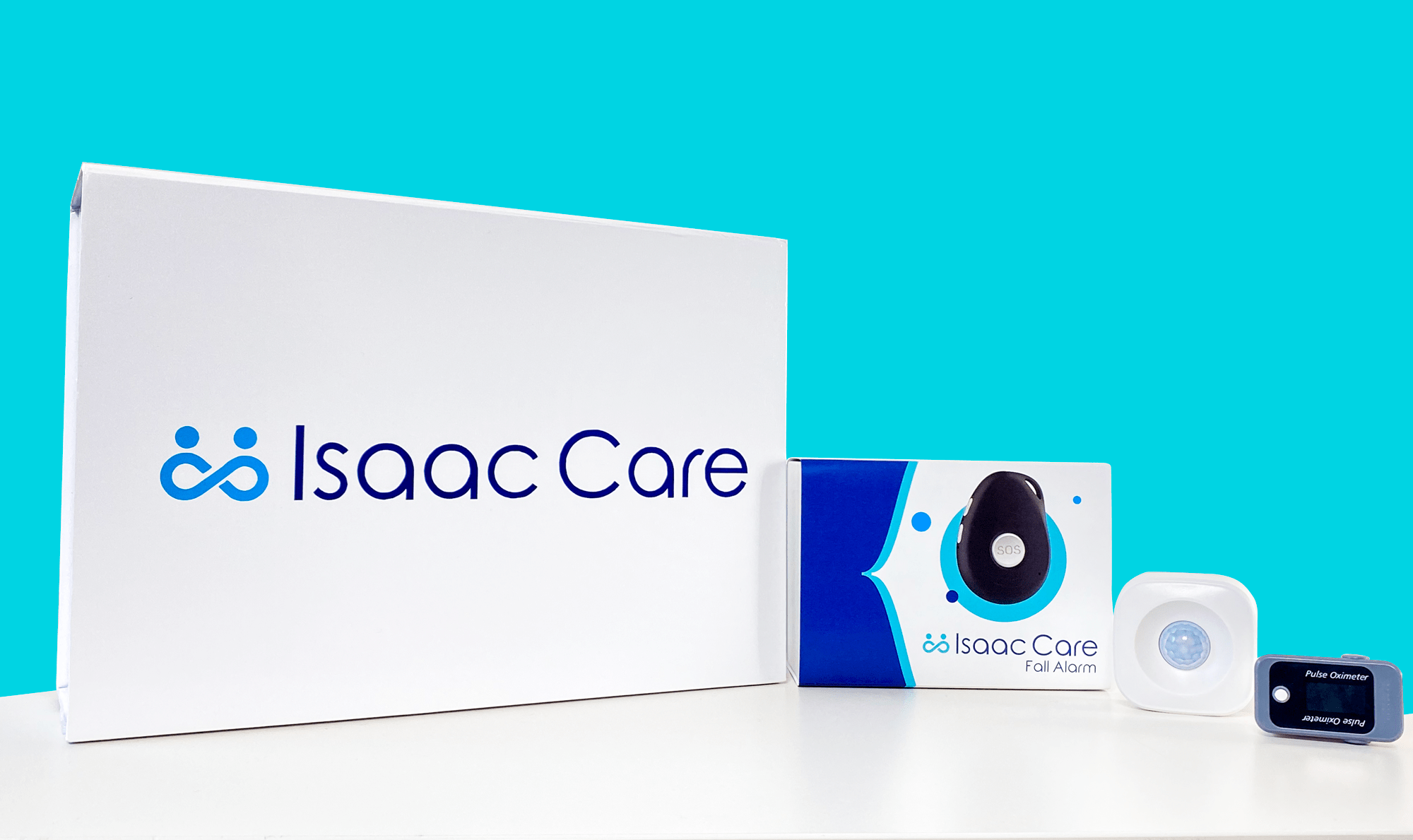
Isaac Care is an assistive technology device created to help you with daily tasks that have grown difficult. Isaac is there to support you to stay safe and independent in your own home for as long as possible.
The Isaac Fall Alarm has an accelerometer that can automatically detect the sudden impact of a fall. In this case a call will be initiated to the designated emergency contacts and the same process as above will be followed. When any fall/SOS event happens, each of the nominated contacts are instantly notified through the Isaac Care app
2. Seek Assistance
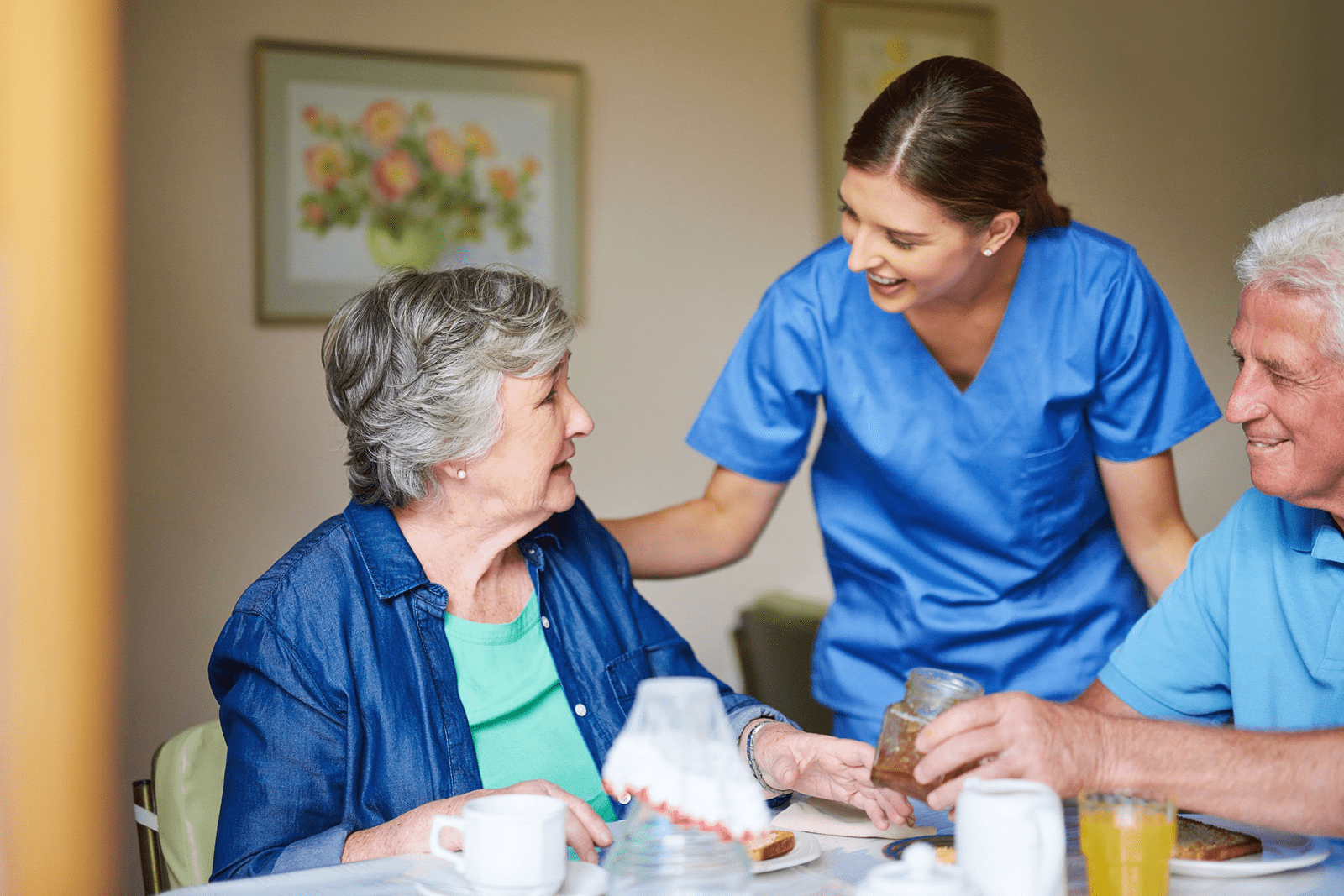
If your elderly loved one is worried about falling, ask them. Even though they may be aware that falling is a concern, many older adults nonetheless hold onto the notion that they won’t fall or get wounded. Encourage them to speak with their health care practitioner if they have any concerns about falling, light-headedness, or balance so that they can be evaluated for risk and given programs or services that may be of assistance.
3. Discuss Current Health Condition
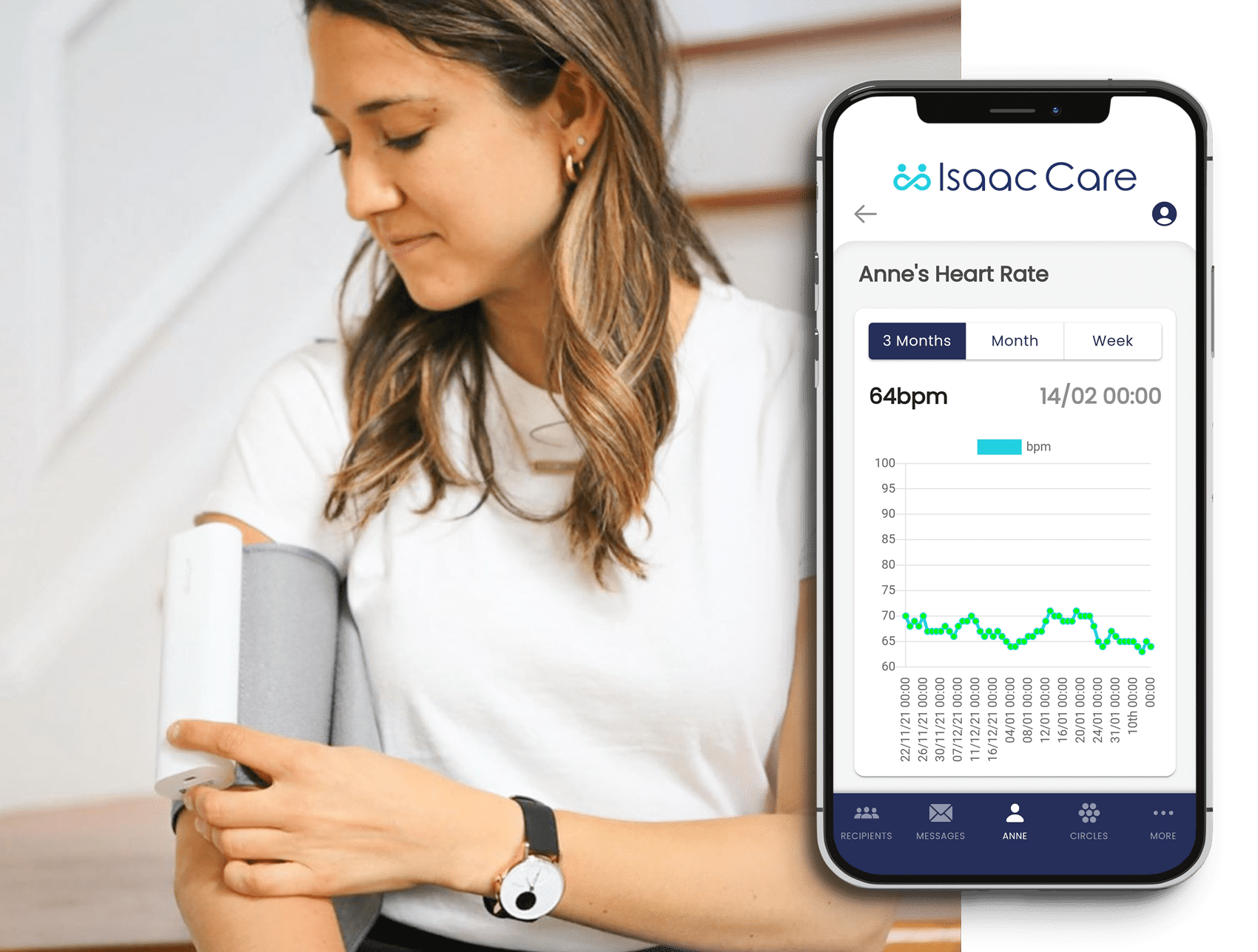
Find out if your elderly loved one is having any difficulties taking care of their own health. Are they having problems remembering to take their medication? Are the activities they used to do effortlessly becoming more difficult for them to complete? Encourage them to discuss all of their worries with their healthcare physician in an open and honest manner.
Isaac Care vitals monitoring feature closely monitors the persons health. This data can be used to help assess a patient’s overall health and well-being and can also be helpful in detecting early signs of illness or disease.
4. Get Their Vision Checked
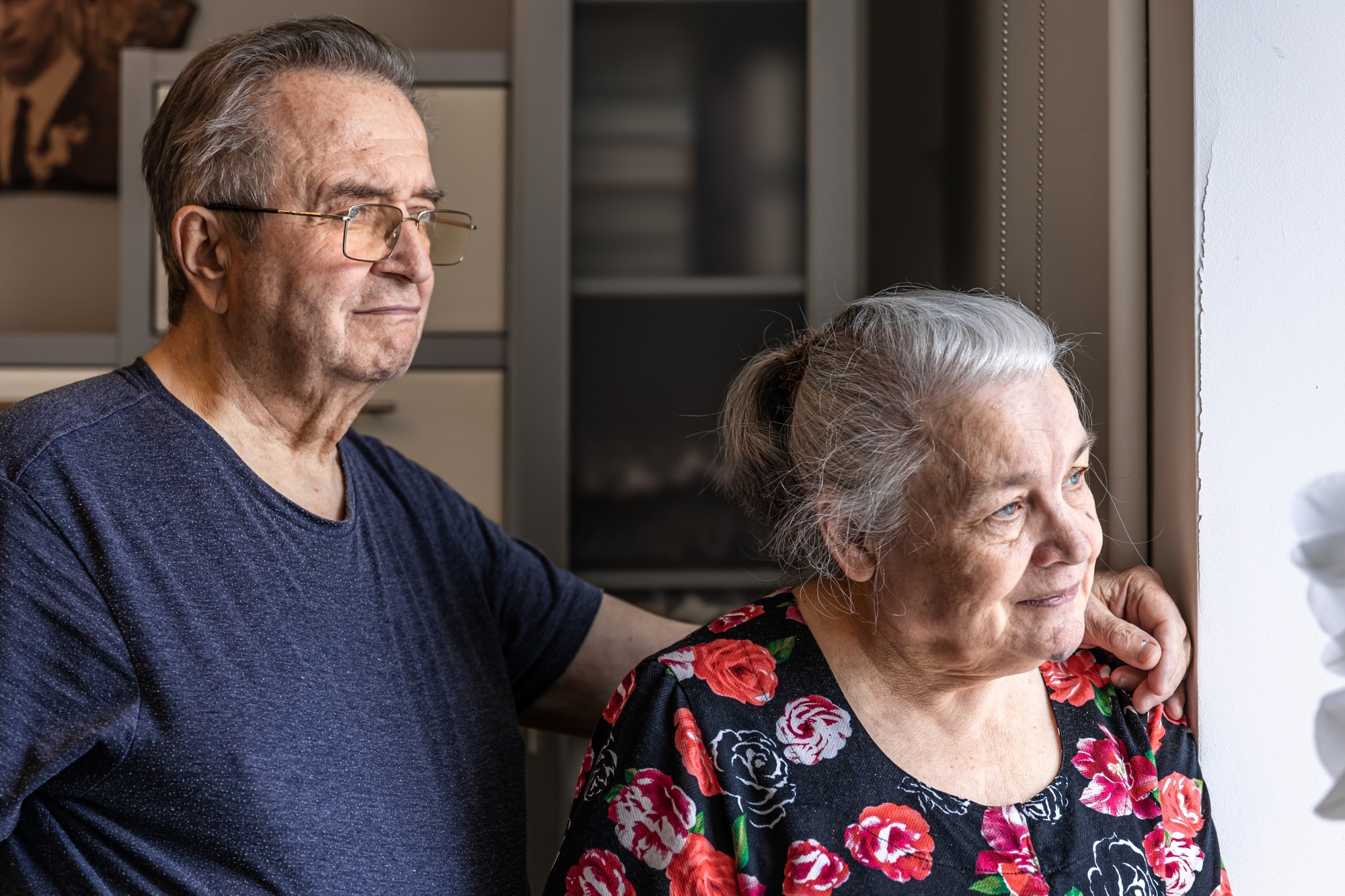
Make sure your elderly loved one has a current prescription and is using their glasses according to the eye doctor’s instructions if they wear glasses. It’s necessary to exercise caution when using bifocals on stairs. Consult a professional for advice on how to maximize your vision if you already have low vision or attend your local optician for an up to date eye test.
5. Physical Therapy
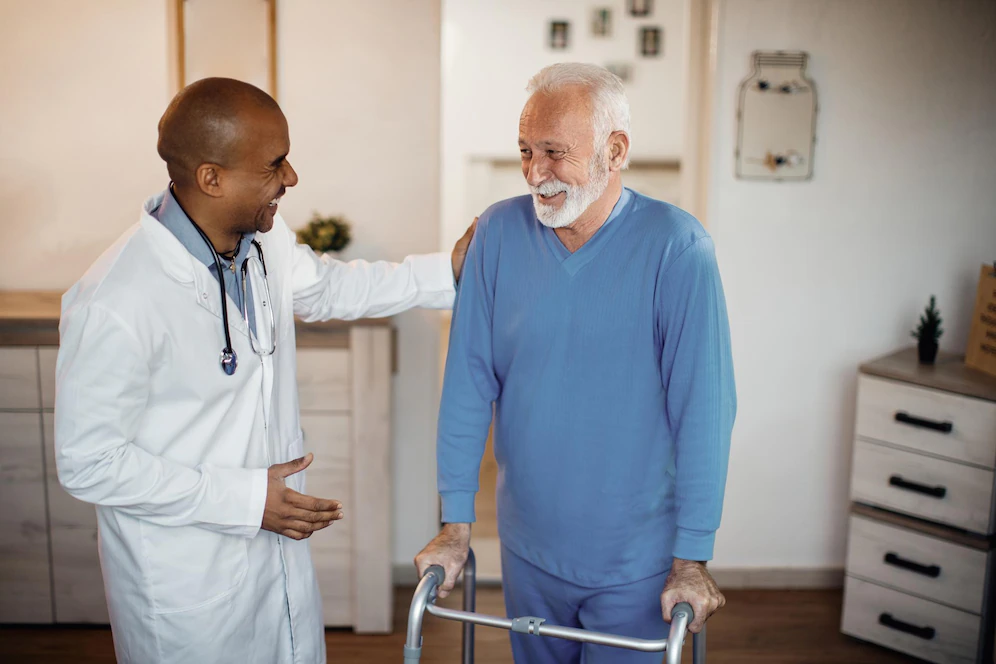
Notice if they’re holding onto walls, furniture, or someone else when walking or if they appear to have difficulty walking or arising from a chair.
These are all signs that it might be time to see a physical therapist. A trained physical therapist can help your older loved one improve their balance, strength, and gait through exercise. They might also suggest a cane or walker—and provide guidance on how to use these aids. Make sure to follow their advice. Poorly fit aids can increase the risk of falls.
6. Safety Assessment Of Their Home
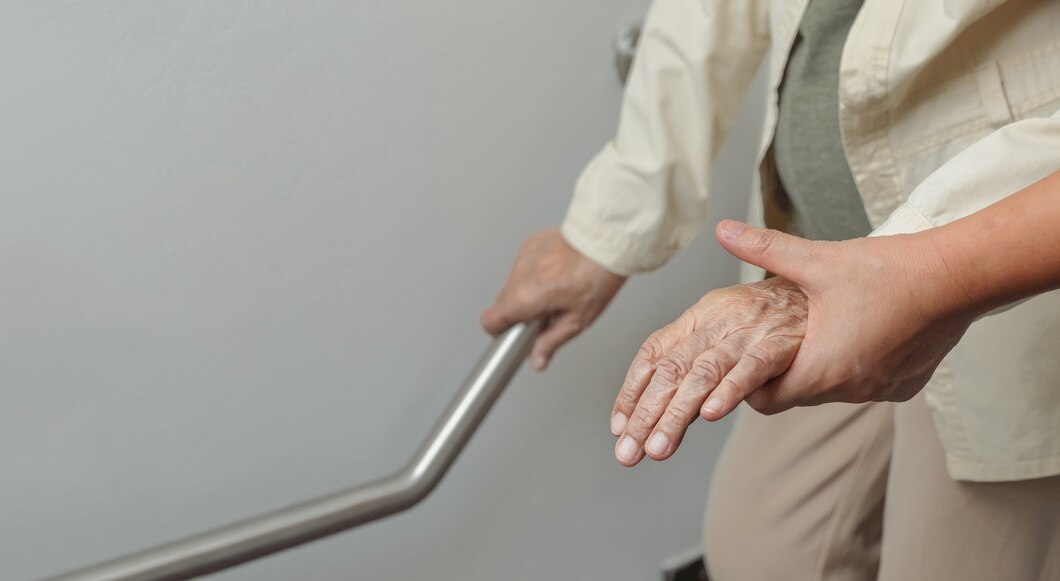
There are many simple and inexpensive ways to make a home safer. For professional assistance, consult an Occupational Therapist. Here are some examples:
Lighting: Brighten up the entire home, especially the stairwells’ top and bottom landings. When getting up in the middle of the night, ensure that lighting is readily available.
Stairs: Ensure that every set of stairs has two secure rails.
Bathrooms: Add grab bars to the shower/tub and the area around the toilet. Ensure that they are placed where your elderly loved one may utilize them. Consider building a walk-in bathtub or employing a shower chair and hand-held shower for even greater safety.
7. Talk About Their Medication
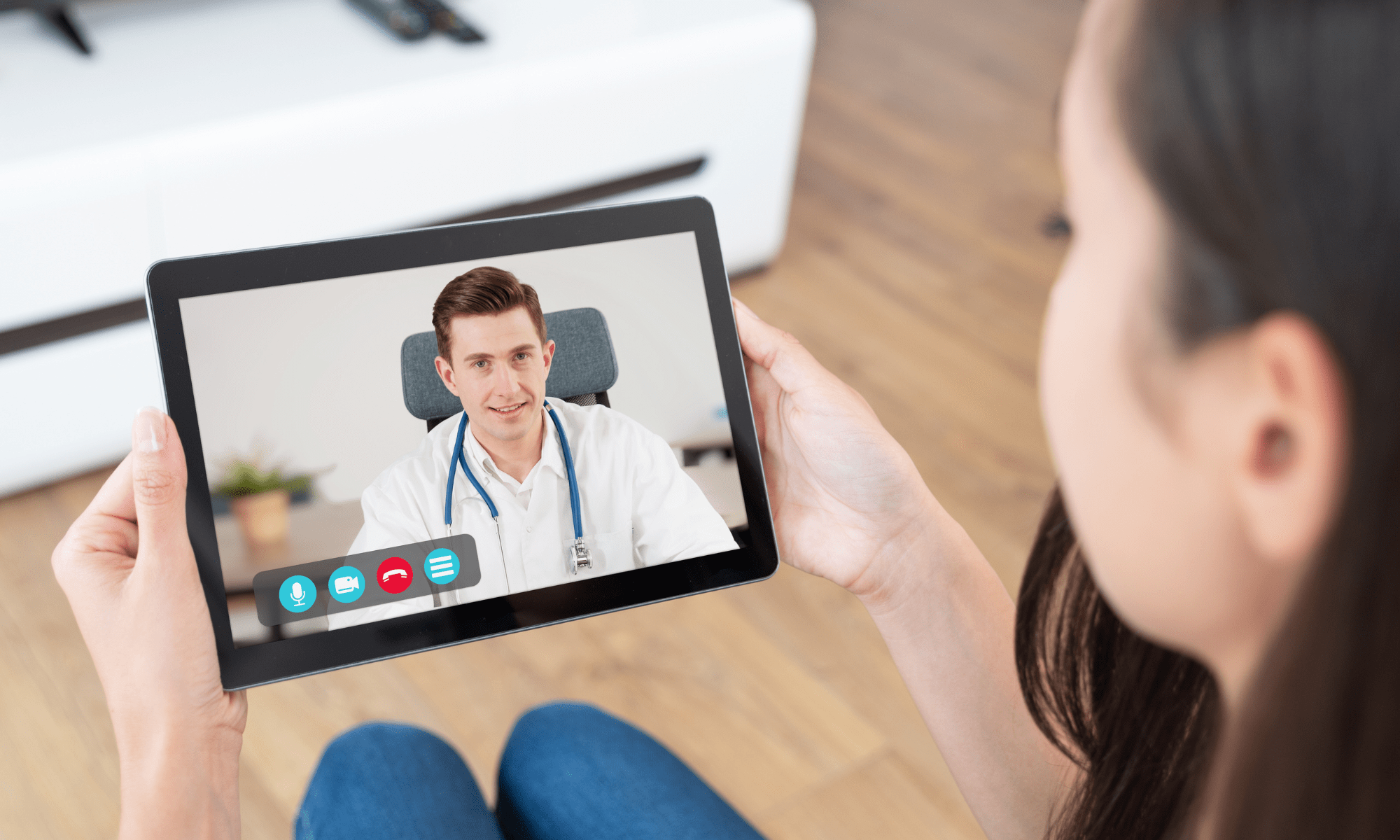
If your older loved one is having a hard time keeping track of medicines or is experiencing side effects, encourage them to discuss their concerns with their doctor and pharmacist. Suggest that they have their medications reviewed each time they get a new prescription.
Also, beware of non-prescription medications that contain sleep aids—including painkillers. These can lead to balance issues and dizziness. If your older loved one is having sleeping problems, encourage them to talk to their doctor or pharmacist about safer alternatives.
Get in Touch
Our dedicated team are on hand to assist you in any way. Contact us on (042) 936 8391 or fill in your details in the contact form and one of our team will be in touch.



